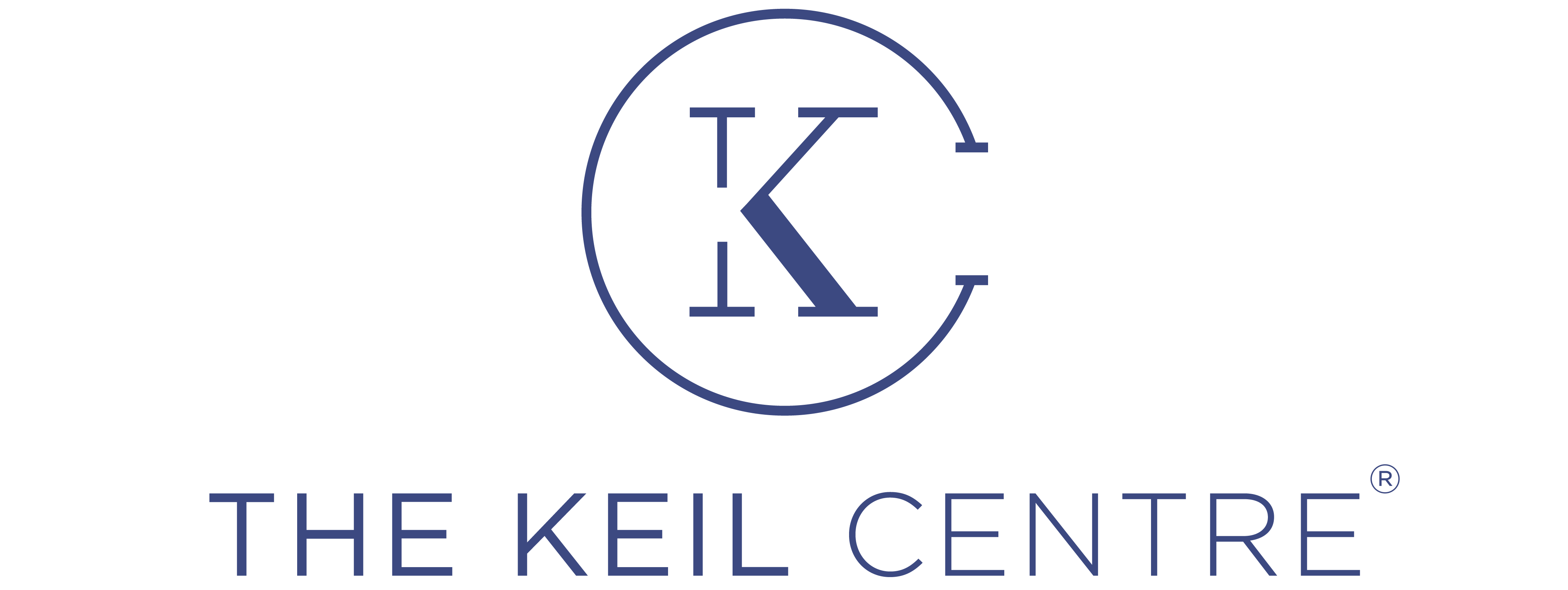Why is Fatigue a problem in the Workplace?
November 6, 2024

According to the Health and Safety Executive (HSE) more than 3.5 million people are employed as shift workers in the UK.
Workplace fatigue arises from excessive working time or poorly designed shift patterns. When there is an imbalance between work demands and recovery time the result can be fatigue, accidents, injury, ill-health and loss of productivity leading to a significant impact on business performance.
The Keil Centre works with clients across a broad range of industries to understand workload and staffing issues, assess and control fatigue risk, and develop a tailored, practical evidence-based solution.
Award Winning Fatigue Management Programme
In April 2024, one of our long-standing clients, National Grid Grain LNG (GLNG), won the Demonstrated Impact Award from the Chartered Institute of Ergonomics & Human Factors (CIEHF). This award was for an industry leading fatigue management programme which had significant benefits for staff at the GLNG site.
GLNG identified potential risks of fatigue on their site in late 2021. An increase in the number of tankers offloading cargo resulted in additional work for operations staff at the jetties, and for those undertaking maintenance on the terminal’s systems. Existing guidance on fatigue focused on those working regular shifts rather than those who were on-call, leading GLNG to develop their own intervention with the help of The Keil Centre.
What did we do?
The first step was to conduct a fatigue study which involved workers keeping a fatigue diary. Modelling on the diary data was carried out, revealing which roles were experiencing strain at certain peak times during their duty periods. This allowed the identification of immediate actions such as re-allocation of responsibilities or re-structuring to alleviate pressure.
A key recommendation from the fatigue study was a more structured approach to the management of fatigue risk. This led to the development of a Fatigue Risk Management Plan (FTMP) that included:
- Fatigue Assessment Tool (FAT) for individuals to assess their own fatigue risk and discuss this with their managers;
- Operational Fatigue Plan (OFP) for managers to assess the potential impact of fatigue on their teams and how best to manage this.

The final step was to ensure that all staff understood fatigue and the tools provided. GLNG therefore asked The Keil Centre to develop an online training resource that covered the following:
- Fatigue awareness, its potential impacts on performance and how to use the FAT to assess fatigue;
- Fatigue Management for frontline supervisors, including discussing FAT results with team members and how the FRMP overall can help;
- Senior management responsibilities in managing fatigue, including the OFP and implementing effective Key Performance Indicators (KPIs).
The results of the programme have been impressive, with positive KPIs associated with workload and fatigue and demonstrable improvements in the early identification of emerging trends and hot spots. The programme has led to role development based upon a more accurate understanding of the fatigue pressures on specific roles and adjustment of working hours.
“I really feel that what we’ve done here has made, and will make, a huge difference in how we look after our people, by embedding a deeper understanding of fatigue and how to monitor and mitigate the risks.”
Alan Dillien, Occupational Safety and Human Factors Lead at GLNG
For more information on GLNG’s award, click HERE. For more information on our workplace fatigue management services and products click HERE or contact Richard@keilcentre.co.uk

